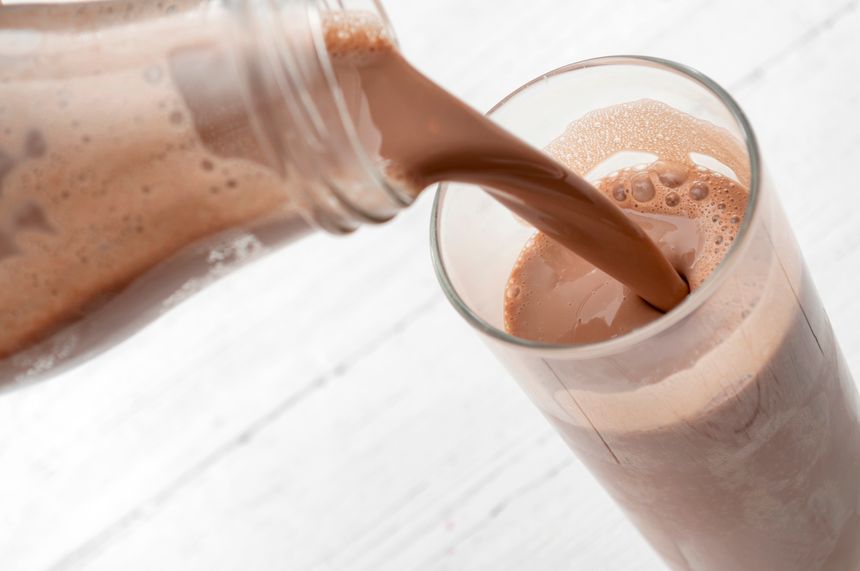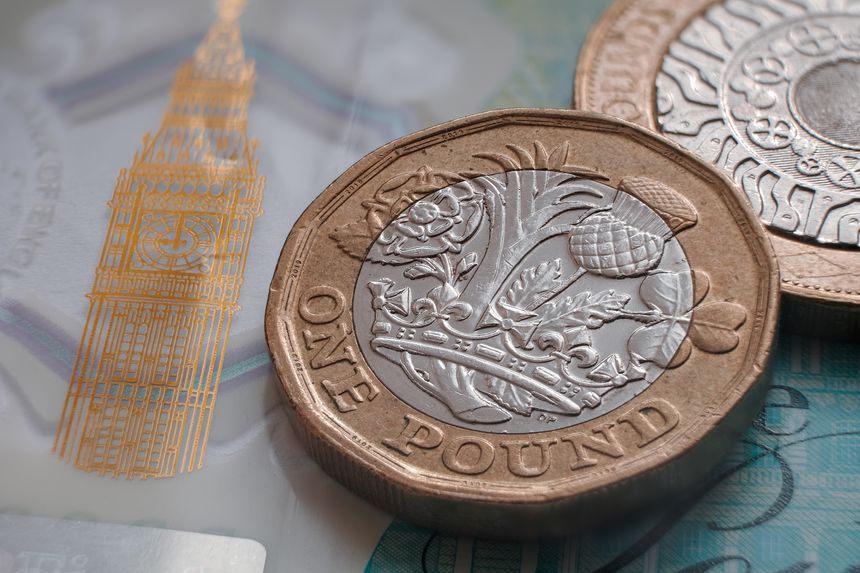New US tariffs have had and are likely to continue to have a profound impact on the global economy. One likely consequence will be a significant diversion of global trade flows away from the US.
Countries such as China and Vietnam that have recently adopted an export-led growth model, and whose manufacturing sector is in general alleged to have benefitted from significant subsidisation, are likely to be particularly affected. For example, at the time of writing it is proposed that Chinese goods will be subject to 104% tariffs in the US.
UK manufacturers may have valid concerns that – with the ability of third-country manufacturers to export to the US market severely restricted – it will struggle to respond to increased import volumes of third-country goods – which may have benefitted from subsidies – being placed on the UK market.
Trade remedies may be available to shield UK manufacturers from the potential impact, and allow them to compete on a level playing field. In this briefing note we provide a high-level overview of what trade remedies are, and how an application for them may be made.
What are Trade Remedies?
Broadly, trade remedies are designed to correct the impact of imports of low-priced goods and/or goods whose price has been distorted by state subsidies by placing import tariffs on them. They have been developed within the context of the World Trade Organization (WTO) and are an exception to the general rule that WTO members should not discriminate between other WTO members in the import tariffs they charge.
There are three types of trade remedies available, each of which is described in turn below:
- Anti-dumping duties.
- Countervailing duties (also referred to as anti-subsidy duties).
- Safeguard measures.
Anti-dumping duties
These may be applied against specific goods imported into the UK that originate in or are exported from specific third countries if:
- There is dumping. Goods are dumped if their export price is less than their ‘normal value’. In general, the normal value of a good is its price on its domestic market, but a ‘comparator price’ such as the price for equivalent goods on another market may be used in certain circumstances, such as when prices are artificially low on the domestic market.
- There is ‘injury’ to a UK industry for equivalent goods – this may include the threat of injury or retardation of the establishment of the industry. Assessing whether injury has or is likely to take place relies on a holistic assessment of all relevant economic factors, but injury ‘markers’ include declines in sales, profits, outputs, market share and capacity utilisation.
- There is causation between the dumping and the injury. Although goods might be being dumped, this does not necessarily mean that this will have caused injury to a UK industry for equivalent goods – injury might be caused by other factors such as a general contraction in demand.
If all three factors are present, then anti-dumping duties can be applied. Often, these will be set at a level that reflects the difference between the actual export price and ‘normal value’.
Countervailing duties
Countervailing duties are similar to anti-dumping duties, but are designed to correct the effects of goods originating in or exported from a third-country benefitting from subsidisation.
Countervailing measures may be applied if:
- The goods benefit from a relevant subsidy. In general terms this can be any subsidy granted in respect of the manufacture, export or transport of goods, but which must be specifically granted for those goods.
- There is injury to a UK industry for equivalent goods.
- There is causation between the subsidisation and the injury.
If all three factors are present, then countervailing duties can be applied. Often these will be set at a level that reflects the value of the relevant subsidy.
Safeguard measures
Unlike the duties described above, which are intended to apply to specific goods originating in or exported from specific third countries, safeguard measures are designed to protect a domestic industry from all imports of specific goods in exceptional market circumstances.
Safeguard measures – which may take the form of an increased import tariff or tariff rate quotas – may only be applied if:
- There is a significant unforeseen increase in imports of particular goods into the UK – this can include a situation where the import volume has increased relative to UK production.
- There is or is the threat of significant injury to UK producers of those goods and directly competing goods.
- There is causation between the increased imports and the significant injury.
How to apply for trade remedies
UK producers concerned about the effects that dumped or subsidised imports may be having on their industry, or who are concerned about a sudden increase of imported goods, may apply to the UK’s Trade Remedies Authority to initiate a trade remedies investigation, which may result in the imposition of remedies such as anti-dumping duties.
In general, an application can only be made if it is supported by UK producers representing at least 25% of the UK production of relevant goods – applications are often made by industry associations.
The content of the application will depend on what type of remedy is being sought, but would typically include providing information on:
- The relevant goods.
- Overseas exporters and UK importers of them.
- Information on the UK industry – in particular to demonstrate that the 25% standing requirement is met.
- Evidence of the relevant issue (i.e. dumping, subsidisation or a significant increase in imports).
- Evidence on injury.
- Evidence on causation.
UK businesses, industries and trade associations concerned now or in the future about the impact that third-country imports are or may have on their industry can consider applying for trade remedy measures. These may become an increasingly important tool to preserve UK industry in the face of distortions caused by recent tariff announcements.
We have an experienced international trade practice which regularly advises on legal issues which impact on international trade. In respect of trade remedies they have acted for trade bodies, manufacturers and public bodies in anti-dumping, anti-subsidy and safeguards investigations, including expiry and circumvention reviews, and can assist in advising on and making trade remedy applications.








